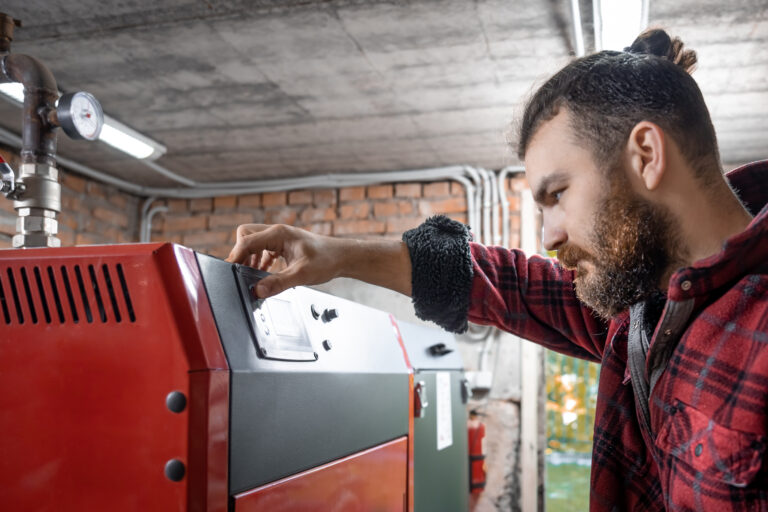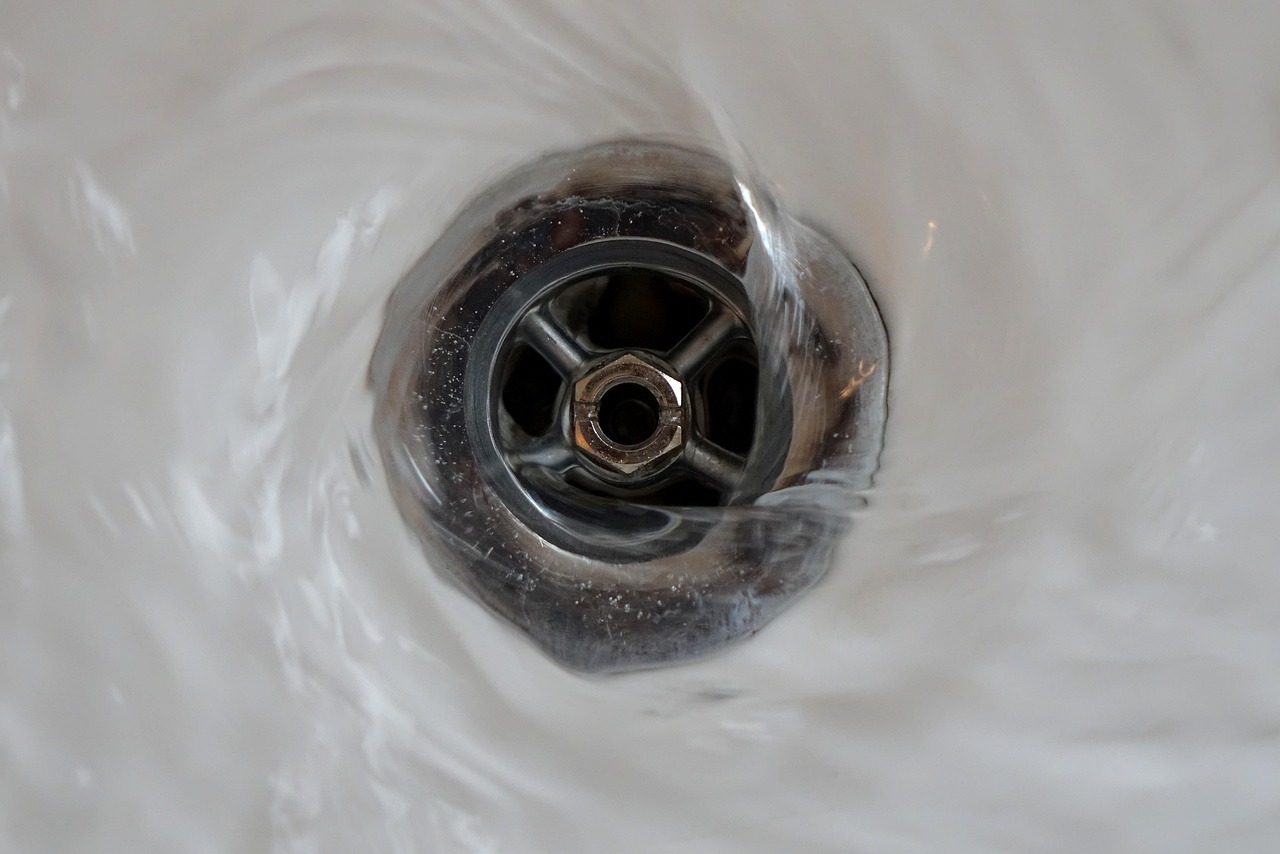As a homeowner in Torrance, ensuring the longevity and efficiency of your water heater is a crucial aspect of home maintenance. Regular water heater maintenance not only optimizes energy efficiency, but it also minimizes the risk of costly breakdowns and extends the appliance’s lifespan. As a well-established HVAC and plumbing company based in Long Beach, California, we at Power Pro Plumbing Heating & Air are dedicated to equipping you with the expert knowledge and resources necessary to maintain your water heater properly.
We’ll delve into essential maintenance steps, best practices, and helpful tips specifically tailored for Torrance homeowners who want to prolong the life of their water heaters. Trust our experienced team to offer reliable advice and professional services, ensuring that you navigate the complexities of water heater maintenance with ease and confidence.
I. Scheduling Annual Inspections and Maintenance
The first essential step to ensure the longevity of your water heater is scheduling annual inspections and maintenance. Regular professional check-ups can help spot potential issues before they escalate, saving you both time and money on more significant repairs. During these annual inspections, our skilled technicians will thoroughly examine various components, including the thermostat, heating elements, and pressure relief valve, to ensure that your water heater is functioning efficiently and safely.
II. Draining and Flushing the Tank
Over time, sediment builds up at the bottom of water heater tanks, which can impair efficiency and cause damage to the heating elements. To prevent this, it’s vital to drain and flush your water heater’s tank periodically. Here’s a step-by-step guide on how to do this:
1. Turn off the water heater: For gas water heaters, turn the control knob to “off.” For electric water heaters, switch off the corresponding circuit breaker.
2. Attach a garden hose to the drain valve: Locate the drain valve near the bottom of the tank and connect a hose to it. Place the other end of the hose in a suitable location, such as a floor drain or on a downhill slope outside.
3. Turn off the cold water supply: Locate the cold water shut-off valve near the top of the tank and close it.
4. Open the pressure relief valve: Carefully lift the lever on the valve to reduce pressure inside the tank.
5. Drain the tank: Open the drain valve and allow the water to flow out completely. Once emptied, briefly open the cold water supply valve to flush out any remaining sediment.
6. Close the valves and refill the tank: After flushing the tank, close both the drain valve and the pressure relief valve. Turn on the cold water supply valve to refill the tank. Once the tank is full, relight the pilot light on gas water heaters or turn on the circuit breaker for electric water heaters.
We recommend performing this process at least once a year or more frequently if you have hard water in your area.
III. Testing the Pressure Relief Valve
The pressure relief valve prevents your water heater from building up excessive pressure, which could lead to an explosion. Regularly testing the valve ensures it’s functioning correctly and protects your system from potential damage. To do this, follow these steps:
1. Turn off the power: Switch off the gas control knob or the circuit breaker for your water heater.
2. Locate the pressure relief valve: At the top or side of your tank, you’ll find the pressure relief valve, which is typically connected to a discharge pipe.
3. Test the valve: Position a bucket below the discharge pipe, then lift the valve’s lever and release it. You should hear a gurgling sound as air or water releases from the valve. If nothing happens, the valve may be faulty and needs replacement.
4. Restore power: Once the test is complete, switch the gas control knob or circuit breaker back on.
We suggest testing the pressure relief valve at least once per year.
IV. Insulating Your Water Heater
Adding insulation to your water heater can help reduce heat loss and improve energy efficiency, further extending the appliance’s lifespan. For this purpose, insulating blankets or jackets specifically designed for water heaters are available in the market. Here’s how to install an insulation blanket:
1. Measure your water heater: Determine the height and circumference of your tank to purchase the correct size insulation blanket.
2. Turn off the power: For safety, switch off the gas control knob or the circuit breaker before installation.
3. Install the insulation blanket: Following the manufacturer’s instructions, wrap the insulation around the tank, ensuring that it fits snugly. Do not cover the top of a gas water heater or the thermostat and heating elements on electric models.
4. Seal the blanket: Secure the insulation blanket with tape, making sure the seams are properly sealed.
5. Restore power: Switch on the gas control knob or circuit breaker once the installation is complete.
Insulating your water heater can significantly improve energy efficiency, reducing heat loss and potentially saving you money on energy bills.
Safeguarding Your Water Heater’s Longevity in Torrance Homes
Prolonging the lifespan of your water heater and ensuring its efficiency is crucial for maintaining a comfortable and cost-effective living environment in your Torrance home. By following this comprehensive guide on essential maintenance practices, you can maximize the longevity of your water heater, optimize its performance, and significantly reduce the risks of breakdowns and expensive repairs. We’re committed to empowering you with expert advice, tailored solutions, and steadfast support in all areas of HVAC and plumbing services.
Should you require any professional assistance for water heater repair in Torrance, don’t hesitate to get in touch with our skilled team at Power Pro Plumbing Heating & Air. Trust us to provide top-quality services and valuable guidance, guaranteeing your water heater’s reliability for years to come.











